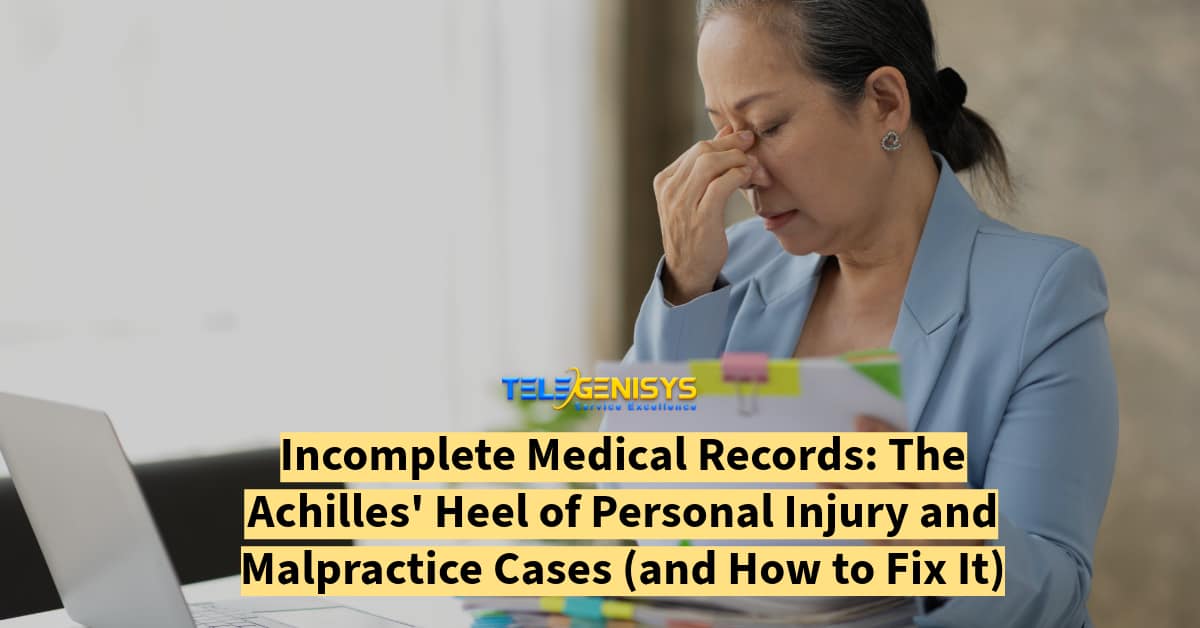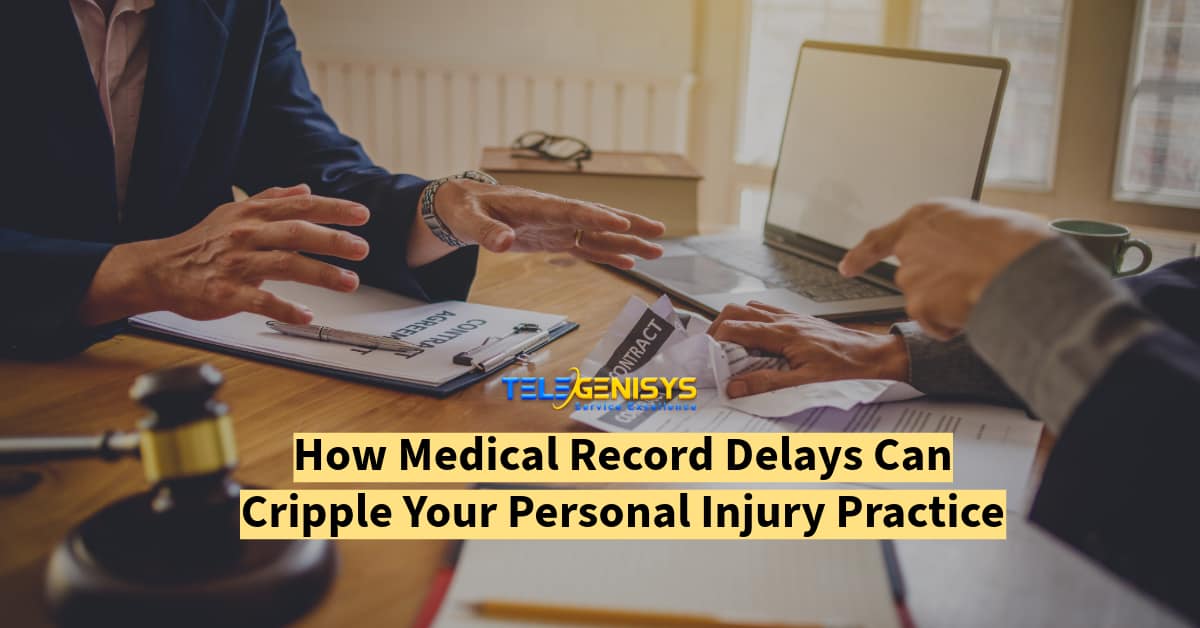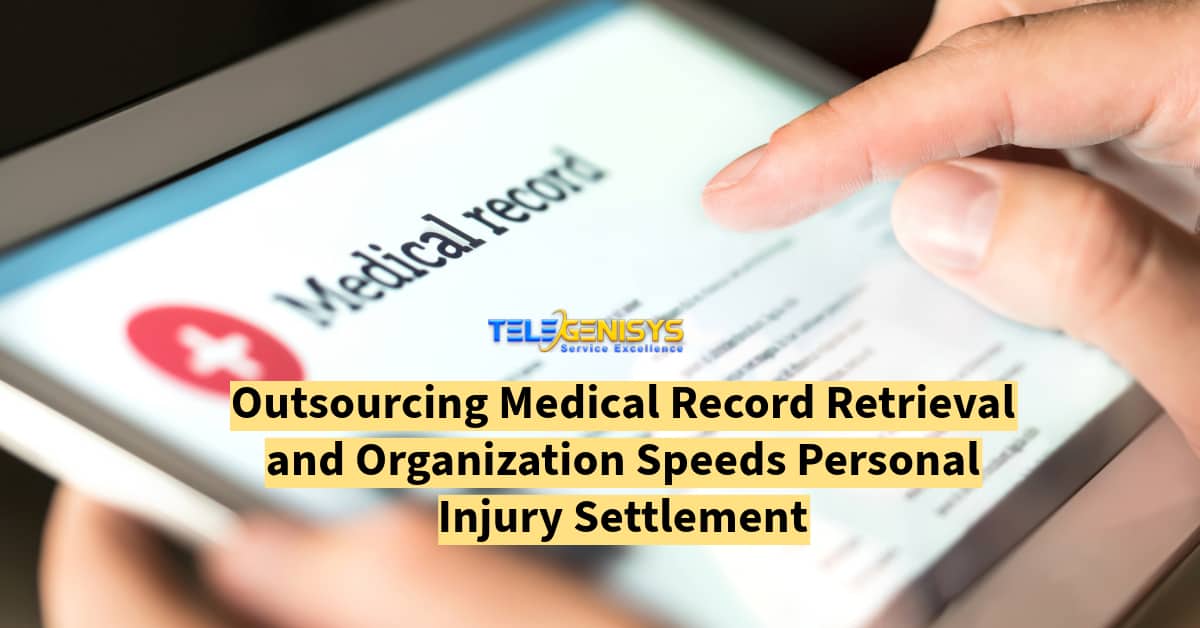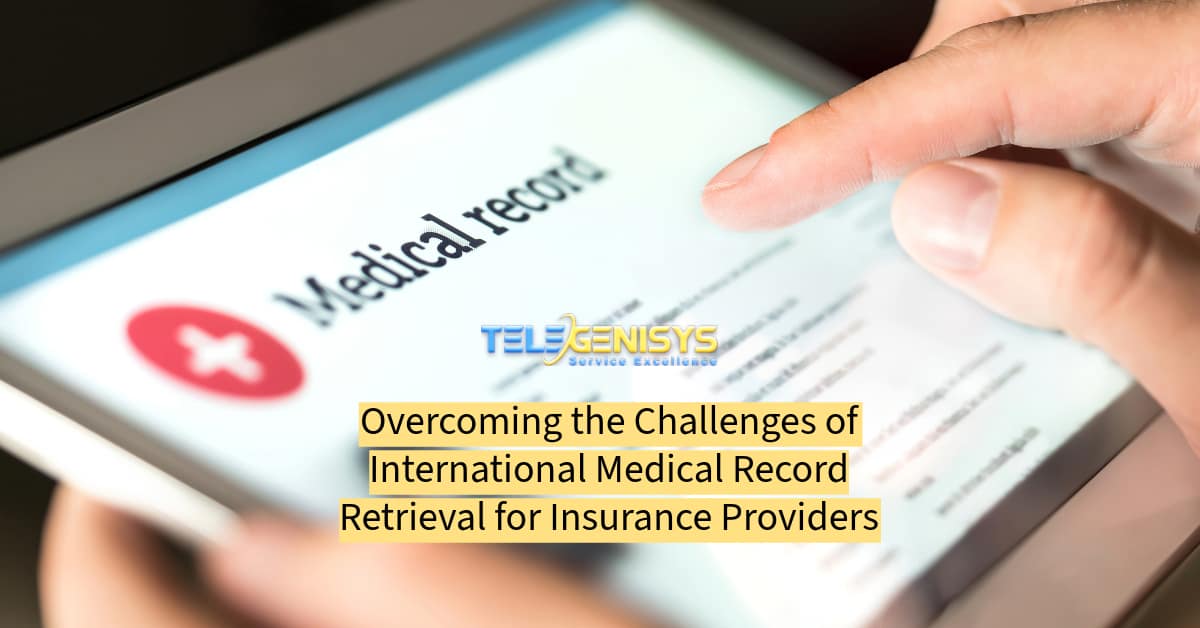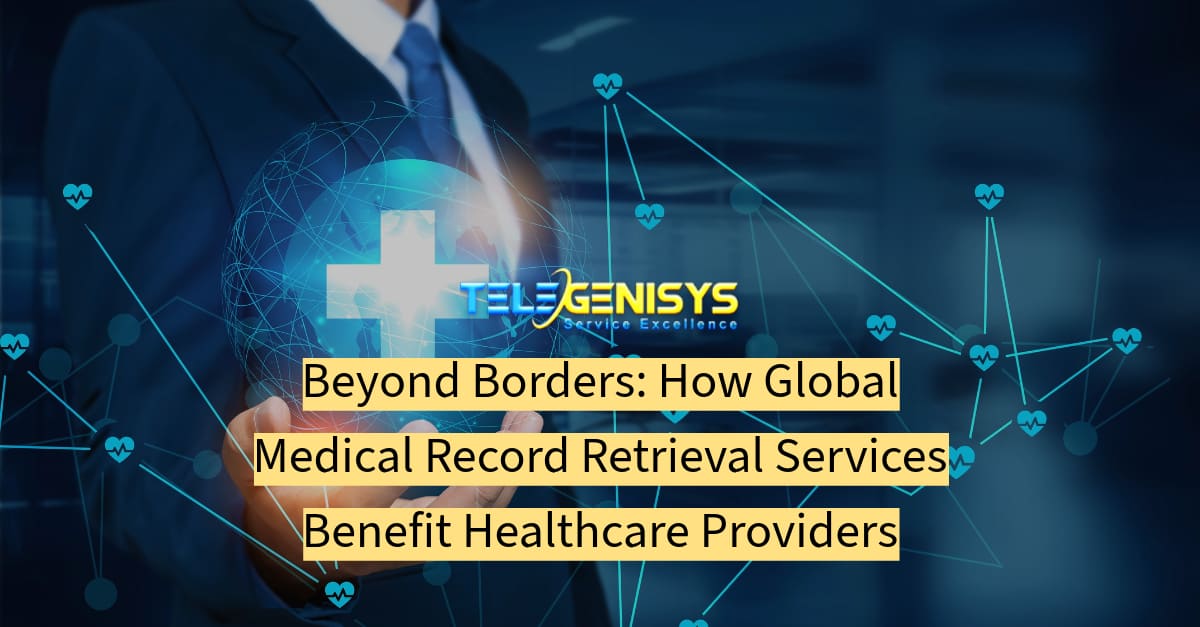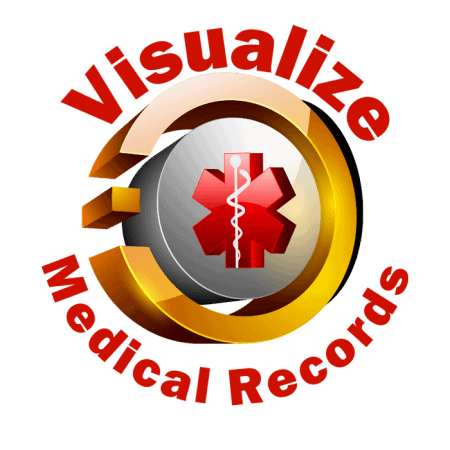Privacy rules of HIPAA
HIPAA privacy rules address how those entities required to comply with HIPAA regulations must operate in order to protect the confidentiality of patients’ medical records. Healthcare providers and medical billers alike must abide by these rules or face fines for non-compliance.
HIPAA privacy rules have the sole purpose of protecting the privacy of patient medical records and assisting responsible parties for accomplishing this task in the most efficient and complete manner. When complied with in entirety, patients can be very confident in the security and confidentiality of their health-related documentation.
Patients are afforded the ability to release their medical records if they so choose and HIPAA privacy rules allow them to do so with great directness and precision. HIPAA ensures that those tasked with selectively releasing patient data provide easy to understand the documentation that the patient signs to certify authorization for a release of their records.

 Telegenisys managers host moderated blogs with updates weekly or more often. We hope you will enjoy our blog streams.
Telegenisys managers host moderated blogs with updates weekly or more often. We hope you will enjoy our blog streams. 
